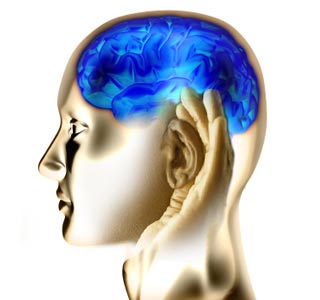
The American Heart Association’s preliminary research on 1,423 patients who were hospitalized for severe cases of sudden sensorineural hearing loss (SSNHL) suggested that these patients had more chances of suffering from cerebrovascular condition after two years than the control set of 5,692 patients who had been admitted for appendectomy.
However, lead investigator Herng-Ching Lin, Ph.D., a professor at Taipei Medical University School of Health Care Administration is of the opinion that since the insurance records form the study material, the information obtained from them should not be relied upon as it might not be completely accurate with reference to the diagnostic codes or confounding factors.
“To the best of our knowledge, no study has investigated the incidence or risk of cerebrovascular diseases developing following the onset of sudden sensorineural hearing loss,†Lin said. “But because this is the first time any association has been suggested, and because there were many limitations in the data, the results need to be interpreted cautiously until additional independent studies are performed.â€
Also, the conclusions derived from the research are not complete enough since there is no specific description that defined SSNHL in the insurance database used to study. “Secondly, the database did not contain information regarding severity of hearing loss, extent of hearing recovery, tobacco use, body mass index and the medical history of cardiovascular disease and atrial fibrillation – all of which can contribute to stroke risk,†Lin explained.
However, the next step that the researchers have suggested for all the SSNHL patients is the complete neurological examination and blood testing to predict their chances of getting a stroke.
